
Born
October 02nd, 1869
Passed Away
January 30th, 1948
Popularly Known as
Mahatma Gandhi, Bapu
Occupation
Freedom Fighter
Spouse
Kasturba Gandhi
Caste
Bania
Subcaste
Modh
Native
Porbandar
Country
India
Gandhiji remains Indias patriarch, the founding father whose face is printed on the currency, but modern India is hardly a Gandhian nation, if it ever was one. His vision of a village-dominated economy was shunted aside during his lifetime as rural romanticism, and his call for a national ethos of personal austerity and nonviolence has proved antithetical to the goals of an aspiring economic and military power ... Gandhi is still revered here, and credited with shaping Indias political identity as a tolerant, secular democracy. But he can sometimes seem to hover over modern India like a parent whose expectations are rarely met.
Shradhanjali By
Sameer Shah
Anish Parikh
Vimal popat
Biography of Rastrapita Mohandas Karamchand Gandhi
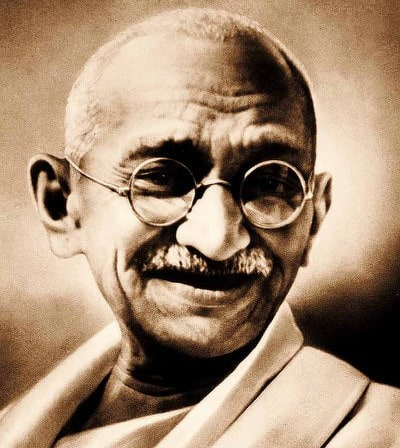
Mohandas Karamchand Gandhi was born on 2 October 1869 in Porbandar, a coastal town which was then part of the Bombay Presidency, British India. His father, Karamchand Gandhi (1822-1885), who belonged to the Hindu Modh community, served as the diwan (a high official) of Porbander state, a small princely state in the Kathiawar Agency of British India. His grandfather was Uttamchand Gandhi, fondly called Utta Gandhi. His mother, Putlibai, who came from the Hindu Pranami Vaishnava community, was Karamchand's fourth wife, the first three wives having apparently died in childbirth.[4] Growing up with a devout mother and the Jain traditions of the region, the young Mohandas absorbed early the influences that would play an important role in his adult life; these included compassion for sentient beings, vegetarianism, fasting for self-purification, and mutual tolerance between individuals of different creeds. The Indian classics, especially the stories of Shravana and Maharaja Harishchandra from the Indian epics, had a great impact on Gandhi in his childhood. The story of Harishchandra, a well-known tale of an ancient Indian king and a truthful hero, haunted Gandhi as a boy. Gandhi in his autobiography admits that it left an indelible impression on his mind. He writes: "It haunted me and I must have acted Harishchandra to myself times without number." Gandhi's early self-identification with Truth and Love as supreme values is traceable to his identification with these epic characters. In May 1883, the 13-year old Mohandas was married to 14-year old Kasturbai Makhanji (her first name was usually shortened to "Kasturba", and affectionately to "Ba") in an arranged child marriage, according to the custom of the region. Recalling the day of their marriage he once said that, "As we didn't know much about marriage, for us it meant only wearing new clothes, eating sweets and playing with relatives." However, as was also the custom of the region, the adolescent bride was to spend much time at her parents' house, and away from her husband. In 1885, when Gandhi was 15, the couple's first child was born, but survived only a few days; Gandhi's father, Karamchand Gandhi, had died earlier that year. Mohandas and Kasturba had four more children, all sons: Harilal, born in 1888; Manilal, born in 1892; Ramdas, born in 1897; and Devdas, born in 1900. At his middle school in Porbandar and high school in Rajkot, Gandhi remained an average student academically. He passed the matriculation exam for Samaldas College at Bhavnagar, Gujarat with some difficulty. While there, he was unhappy, in part because his family wanted him to become a barrister. Gandhi and his wife Kasturba (1902) On 4 September 1888, less than a month shy of his 19th birthday, Gandhi travelled to London, England, to study law at University College London and to train as a barrister. His time in London, the Imperial capital, was influenced by a vow he had made to his mother in the presence of the Jain monk Becharji, upon leaving India, to observe the Hindu precepts of abstinence from meat, alcohol, and promiscuity. Although Gandhi experimented with adopting "English" customs taking dancing lessons for example the could not stomach the bland vegetarian food offered by his landlady and he was always hungry until he found one of London's few vegetarian restaurants. Influenced by Salt's book, he joined the Vegetarian Society, was elected to its executive committee, and started a local Bayswater chapter. Some of the vegetarians he met were members of the Theosophical Society, which had been founded in 1875 to further universal brotherhood, and which was devoted to the study of Buddhist and Hindu literature. They encouraged Gandhi to join them in reading the Bhagavad Gita both in translation as well as in the original. Not having shown a particular interest in religion before, he became interested in religious thought and began to read both Hindu as well as Christian scriptures. Gandhi was called to the bar on 10 June 1891 and left London for India on 12 June 1891, where he learned that his mother had died while he was in London, his family having kept the news from him. His attempts at establishing a law practice in Bombay failed and, later, after applying and being turned down for a part-time job as a high school teacher, he ended up returning to Rajkot to make a modest living drafting petitions for litigants, a business he was forced to close when he ran foul of a British officer. In his autobiography he refers to this incident as an unsuccessful attempt to lobby on behalf of his older brother. It was in this climate that, in April 1893, he accepted a year-long contract from Dada Abdulla & Co., an Indian firm, to a post in the Colony of Natal, South Africa, then part of the British Empire.
Mohandas Karamchand Gandhi was born on 2 October 1869 in Porbandar, a coastal town which was then part of the Bombay Presidency, British India. His father, Karamchand Gandhi (1822?1885), who belonged to the Hindu Modh community, served as the diwan (a high official) of Porbander state, a small princely state in the Kathiawar Agency of British India. His grandfather was Uttamchand Gandhi, fondly called Utta Gandhi. His mother, Putlibai, who came from the Hindu Pranami Vaishnava community, was Karamchand's fourth wife, the first three wives having apparently died in childbirth. Growing up with a devout mother and the Jain traditions of the region, the young Mohandas absorbed early the influences that would play an important role in his adult life; these included compassion for sentient beings, vegetarianism, fasting for self-purification, and mutual tolerance between individuals of different creeds. The Indian classics, especially the stories of Shravana and Maharaja Harishchandra from the Indian epics, had a great impact on Gandhi in his childhood. The story of Harishchandra, a well-known tale of an ancient Indian king and a truthful hero, haunted Gandhi as a boy. Gandhi in his autobiography admits that it left an indelible impression on his mind. He writes: "It haunted me and I must have acted Harishchandra to myself times without number." Gandhi's early self-identification with Truth and Love as supreme values is traceable to his identification with these epic characters. In May 1883, the 13-year old Mohandas was married to 14-year old Kasturbai Makhanji (her first name was usually shortened to "Kasturba", and affectionately to "Ba") in an arranged child marriage, according to the custom of the region. Recalling the day of their marriage he once said that, "As we didn't know much about marriage, for us it meant only wearing new clothes, eating sweets and playing with relatives." However, as was also the custom of the region, the adolescent bride was to spend much time at her parents' house, and away from her husband. In 1885, when Gandhi was 15, the couple's first child was born, but survived only a few days; Gandhi's father, Karamchand Gandhi, had died earlier that year. Mohandas and Kasturba had four more children, all sons: Harilal, born in 1888; Manilal, born in 1892; Ramdas, born in 1897; and Devdas, born in 1900. At his middle school in Porbandar and high school in Rajkot, Gandhi remained an average student academically. He passed the matriculation exam for Samaldas College at Bhavnagar, Gujarat with some difficulty. While there, he was unhappy, in part because his family wanted him to become a barrister. Gandhi and his wife Kasturba (1902) On 4 September 1888, less than a month shy of his 19th birthday, Gandhi travelled to London, England, to study law at University College London and to train as a barrister. His time in London, the Imperial capital, was influenced by a vow he had made to his mother in the presence of the Jain monk Becharji, upon leaving India, to observe the Hindu precepts of abstinence from meat, alcohol, and promiscuity. Although Gandhi experimented with adopting "English" customs?taking dancing lessons for example?he could not stomach the bland vegetarian food offered by his landlady and he was always hungry until he found one of London's few vegetarian restaurants. Influenced by Salt's book, he joined the Vegetarian Society, was elected to its executive committee, and started a local Bayswater chapter. Some of the vegetarians he met were members of the Theosophical Society, which had been founded in 1875 to further universal brotherhood, and which was devoted to the study of Buddhist and Hindu literature. They encouraged Gandhi to join them in reading the Bhagavad Gita both in translation as well as in the original. Not having shown a particular interest in religion before, he became interested in religious thought and began to read both Hindu as well as Christian scriptures. Gandhi was called to the bar on 10 June 1891 and left London for India on 12 June 1891, where he learned that his mother had died while he was in London, his family having kept the news from him. His attempts at establishing a law practice in Bombay failed and, later, after applying and being turned down for a part-time job as a high school teacher, he ended up returning to Rajkot to make a modest living drafting petitions for litigants, a business he was forced to close when he ran foul of a British officer. In his autobiography he refers to this incident as an unsuccessful attempt to lobby on behalf of his older brother. It was in this climate that, in April 1893, he accepted a year-long contract from Dada Abdulla & Co., an Indian firm, to a post in the Colony of Natal, South Africa, then part of the British Empire.
Mohandas Karamchand Gandhi was born on 2 October 1869 in Porbandar, a coastal town which was then part of the Bombay Presidency, British India. His father, Karamchand Gandhi (1822?1885), who belonged to the Hindu Modh community, served as the diwan (a high official) of Porbander state, a small princely state in the Kathiawar Agency of British India. His grandfather was Uttamchand Gandhi, fondly called Utta Gandhi. His mother, Putlibai, who came from the Hindu Pranami Vaishnava community, was Karamchand's fourth wife, the first three wives having apparently died in childbirth. Growing up with a devout mother and the Jain traditions of the region, the young Mohandas absorbed early the influences that would play an important role in his adult life; these included compassion for sentient beings, vegetarianism, fasting for self-purification, and mutual tolerance between individuals of different creeds. The Indian classics, especially the stories of Shravana and Maharaja Harishchandra from the Indian epics, had a great impact on Gandhi in his childhood. The story of Harishchandra, a well-known tale of an ancient Indian king and a truthful hero, haunted Gandhi as a boy. Gandhi in his autobiography admits that it left an indelible impression on his mind. He writes: "It haunted me and I must have acted Harishchandra to myself times without number." Gandhi's early self-identification with Truth and Love as supreme values is traceable to his identification with these epic characters. In May 1883, the 13-year old Mohandas was married to 14-year old Kasturbai Makhanji (her first name was usually shortened to "Kasturba", and affectionately to "Ba") in an arranged child marriage, according to the custom of the region. Recalling the day of their marriage he once said that, "As we didn't know much about marriage, for us it meant only wearing new clothes, eating sweets and playing with relatives." However, as was also the custom of the region, the adolescent bride was to spend much time at her parents' house, and away from her husband. In 1885, when Gandhi was 15, the couple's first child was born, but survived only a few days; Gandhi's father, Karamchand Gandhi, had died earlier that year. Mohandas and Kasturba had four more children, all sons: Harilal, born in 1888; Manilal, born in 1892; Ramdas, born in 1897; and Devdas, born in 1900. At his middle school in Porbandar and high school in Rajkot, Gandhi remained an average student academically. He passed the matriculation exam for Samaldas College at Bhavnagar, Gujarat with some difficulty. While there, he was unhappy, in part because his family wanted him to become a barrister. Gandhi and his wife Kasturba (1902) On 4 September 1888, less than a month shy of his 19th birthday, Gandhi travelled to London, England, to study law at University College London and to train as a barrister. His time in London, the Imperial capital, was influenced by a vow he had made to his mother in the presence of the Jain monk Becharji, upon leaving India, to observe the Hindu precepts of abstinence from meat, alcohol, and promiscuity. Although Gandhi experimented with adopting "English" customs?taking dancing lessons for example?he could not stomach the bland vegetarian food offered by his landlady and he was always hungry until he found one of London's few vegetarian restaurants. Influenced by Salt's book, he joined the Vegetarian Society, was elected to its executive committee, and started a local Bayswater chapter. Some of the vegetarians he met were members of the Theosophical Society, which had been founded in 1875 to further universal brotherhood, and which was devoted to the study of Buddhist and Hindu literature. They encouraged Gandhi to join them in reading the Bhagavad Gita both in translation as well as in the original. Not having shown a particular interest in religion before, he became interested in religious thought and began to read both Hindu as well as Christian scriptures. Gandhi was called to the bar on 10 June 1891 and left London for India on 12 June 1891, where he learned that his mother had died while he was in London, his family having kept the news from him. His attempts at establishing a law practice in Bombay failed and, later, after applying and being turned down for a part-time job as a high school teacher, he ended up returning to Rajkot to make a modest living drafting petitions for litigants, a business he was forced to close when he ran foul of a British officer. In his autobiography he refers to this incident as an unsuccessful attempt to lobby on behalf of his older brother. It was in this climate that, in April 1893, he accepted a year-long contract from Dada Abdulla & Co., an Indian firm, to a post in the Colony of Natal, South Africa, then part of the British Empire.
Mohandas Karamchand Gandhi was born on 2 October 1869 in Porbandar, a coastal town which was then part of the Bombay Presidency, British India. His father, Karamchand Gandhi (1822?1885), who belonged to the Hindu Modh community, served as the diwan (a high official) of Porbander state, a small princely state in the Kathiawar Agency of British India. His grandfather was Uttamchand Gandhi, fondly called Utta Gandhi. His mother, Putlibai, who came from the Hindu Pranami Vaishnava community, was Karamchand's fourth wife, the first three wives having apparently died in childbirth. Growing up with a devout mother and the Jain traditions of the region, the young Mohandas absorbed early the influences that would play an important role in his adult life; these included compassion for sentient beings, vegetarianism, fasting for self-purification, and mutual tolerance between individuals of different creeds. The Indian classics, especially the stories of Shravana and Maharaja Harishchandra from the Indian epics, had a great impact on Gandhi in his childhood. The story of Harishchandra, a well-known tale of an ancient Indian king and a truthful hero, haunted Gandhi as a boy. Gandhi in his autobiography admits that it left an indelible impression on his mind. He writes: "It haunted me and I must have acted Harishchandra to myself times without number." Gandhi's early self-identification with Truth and Love as supreme values is traceable to his identification with these epic characters. In May 1883, the 13-year old Mohandas was married to 14-year old Kasturbai Makhanji (her first name was usually shortened to "Kasturba", and affectionately to "Ba") in an arranged child marriage, according to the custom of the region. Recalling the day of their marriage he once said that, "As we didn't know much about marriage, for us it meant only wearing new clothes, eating sweets and playing with relatives." However, as was also the custom of the region, the adolescent bride was to spend much time at her parents' house, and away from her husband. In 1885, when Gandhi was 15, the couple's first child was born, but survived only a few days; Gandhi's father, Karamchand Gandhi, had died earlier that year. Mohandas and Kasturba had four more children, all sons: Harilal, born in 1888; Manilal, born in 1892; Ramdas, born in 1897; and Devdas, born in 1900. At his middle school in Porbandar and high school in Rajkot, Gandhi remained an average student academically. He passed the matriculation exam for Samaldas College at Bhavnagar, Gujarat with some difficulty. While there, he was unhappy, in part because his family wanted him to become a barrister. Gandhi and his wife Kasturba (1902) On 4 September 1888, less than a month shy of his 19th birthday, Gandhi travelled to London, England, to study law at University College London and to train as a barrister. His time in London, the Imperial capital, was influenced by a vow he had made to his mother in the presence of the Jain monk Becharji, upon leaving India, to observe the Hindu precepts of abstinence from meat, alcohol, and promiscuity. Although Gandhi experimented with adopting "English" customs?taking dancing lessons for example?he could not stomach the bland vegetarian food offered by his landlady and he was always hungry until he found one of London's few vegetarian restaurants. Influenced by Salt's book, he joined the Vegetarian Society, was elected to its executive committee, and started a local Bayswater chapter. Some of the vegetarians he met were members of the Theosophical Society, which had been founded in 1875 to further universal brotherhood, and which was devoted to the study of Buddhist and Hindu literature. They encouraged Gandhi to join them in reading the Bhagavad Gita both in translation as well as in the original. Not having shown a particular interest in religion before, he became interested in religious thought and began to read both Hindu as well as Christian scriptures. Gandhi was called to the bar on 10 June 1891 and left London for India on 12 June 1891, where he learned that his mother had died while he was in London, his family having kept the news from him. His attempts at establishing a law practice in Bombay failed and, later, after applying and being turned down for a part-time job as a high school teacher, he ended up returning to Rajkot to make a modest living drafting petitions for litigants, a business he was forced to close when he ran foul of a British officer. In his autobiography he refers to this incident as an unsuccessful attempt to lobby on behalf of his older brother. It was in this climate that, in April 1893, he accepted a year-long contract from Dada Abdulla & Co., an Indian firm, to a post in the Colony of Natal, South Africa, then part of the British Empire.
Mohandas Karamchand Gandhi was born on 2 October 1869 in Porbandar, a coastal town which was then part of the Bombay Presidency, British India. His father, Karamchand Gandhi (1822?1885), who belonged to the Hindu Modh community, served as the diwan (a high official) of Porbander state, a small princely state in the Kathiawar Agency of British India. His grandfather was Uttamchand Gandhi, fondly called Utta Gandhi. His mother, Putlibai, who came from the Hindu Pranami Vaishnava community, was Karamchand's fourth wife, the first three wives having apparently died in childbirth. Growing up with a devout mother and the Jain traditions of the region, the young Mohandas absorbed early the influences that would play an important role in his adult life; these included compassion for sentient beings, vegetarianism, fasting for self-purification, and mutual tolerance between individuals of different creeds. The Indian classics, especially the stories of Shravana and Maharaja Harishchandra from the Indian epics, had a great impact on Gandhi in his childhood. The story of Harishchandra, a well-known tale of an ancient Indian king and a truthful hero, haunted Gandhi as a boy. Gandhi in his autobiography admits that it left an indelible impression on his mind. He writes: "It haunted me and I must have acted Harishchandra to myself times without number." Gandhi's early self-identification with Truth and Love as supreme values is traceable to his identification with these epic characters. In May 1883, the 13-year old Mohandas was married to 14-year old Kasturbai Makhanji (her first name was usually shortened to "Kasturba", and affectionately to "Ba") in an arranged child marriage, according to the custom of the region. Recalling the day of their marriage he once said that, "As we didn't know much about marriage, for us it meant only wearing new clothes, eating sweets and playing with relatives." However, as was also the custom of the region, the adolescent bride was to spend much time at her parents' house, and away from her husband. In 1885, when Gandhi was 15, the couple's first child was born, but survived only a few days; Gandhi's father, Karamchand Gandhi, had died earlier that year. Mohandas and Kasturba had four more children, all sons: Harilal, born in 1888; Manilal, born in 1892; Ramdas, born in 1897; and Devdas, born in 1900. At his middle school in Porbandar and high school in Rajkot, Gandhi remained an average student academically. He passed the matriculation exam for Samaldas College at Bhavnagar, Gujarat with some difficulty. While there, he was unhappy, in part because his family wanted him to become a barrister. Gandhi and his wife Kasturba (1902) On 4 September 1888, less than a month shy of his 19th birthday, Gandhi travelled to London, England, to study law at University College London and to train as a barrister. His time in London, the Imperial capital, was influenced by a vow he had made to his mother in the presence of the Jain monk Becharji, upon leaving India, to observe the Hindu precepts of abstinence from meat, alcohol, and promiscuity. Although Gandhi experimented with adopting "English" customs?taking dancing lessons for example?he could not stomach the bland vegetarian food offered by his landlady and he was always hungry until he found one of London's few vegetarian restaurants. Influenced by Salt's book, he joined the Vegetarian Society, was elected to its executive committee, and started a local Bayswater chapter. Some of the vegetarians he met were members of the Theosophical Society, which had been founded in 1875 to further universal brotherhood, and which was devoted to the study of Buddhist and Hindu literature. They encouraged Gandhi to join them in reading the Bhagavad Gita both in translation as well as in the original. Not having shown a particular interest in religion before, he became interested in religious thought and began to read both Hindu as well as Christian scriptures. Gandhi was called to the bar on 10 June 1891 and left London for India on 12 June 1891, where he learned that his mother had died while he was in London, his family having kept the news from him. His attempts at establishing a law practice in Bombay failed and, later, after applying and being turned down for a part-time job as a high school teacher, he ended up returning to Rajkot to make a modest living drafting petitions for litigants, a business he was forced to close when he ran foul of a British officer. In his autobiography he refers to this incident as an unsuccessful attempt to lobby on behalf of his older brother. It was in this climate that, in April 1893, he accepted a year-long contract from Dada Abdulla & Co., an Indian firm, to a post in the Colony of Natal, South Africa, then part of the British Empire.
Family Tree of Rastrapita Mohandas Karamchand Gandhi


Putlibai

Karamchand

Kasturba Gandhi

Harilal

manilal

Ramdas

Devdas

Laxmidas

Karsandas

Raliatben

Gokuldas Makanji Kapadia
Post a tribute & share memories
Fond Memories & Remembrance
Related Profiles
Post Condolences



 Profile Home
Profile Home Biography
Biography Family
Tree
Family
Tree Photo
Album
Photo
Album Video
Video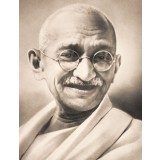
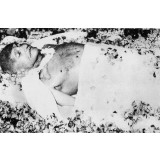
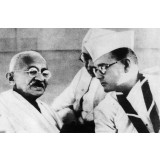
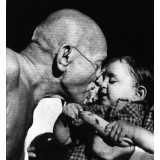
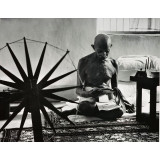
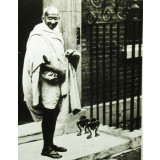
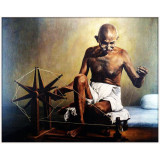
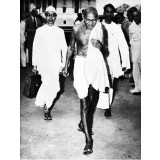
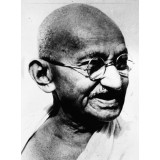
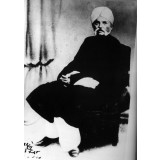
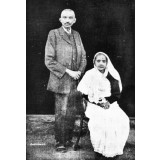
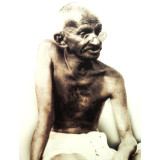
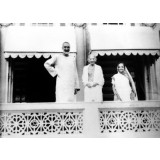
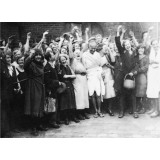
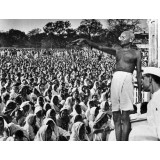
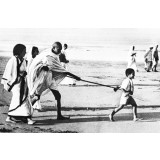
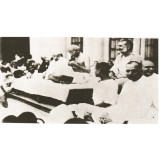
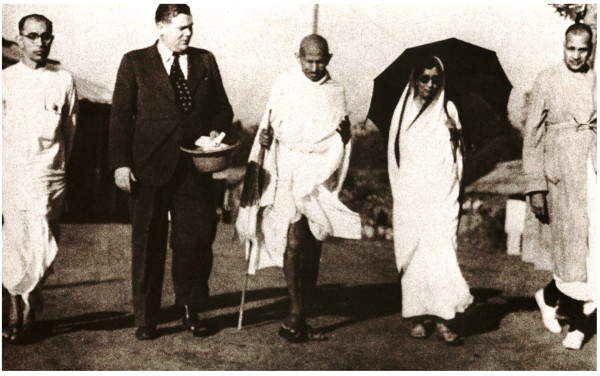
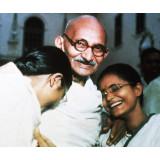
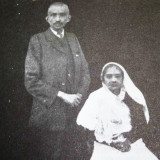
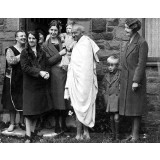

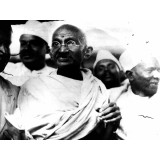
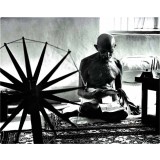
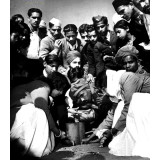
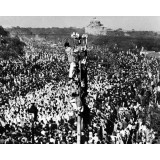
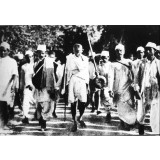

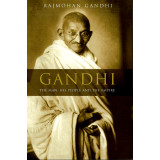
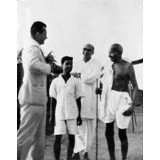
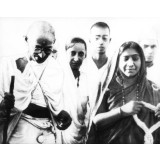
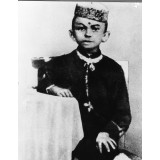
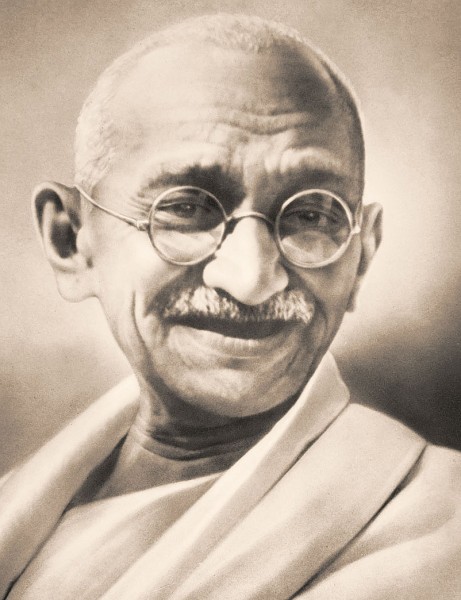



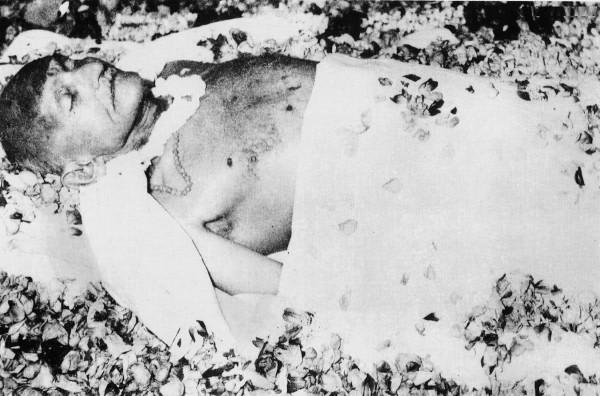
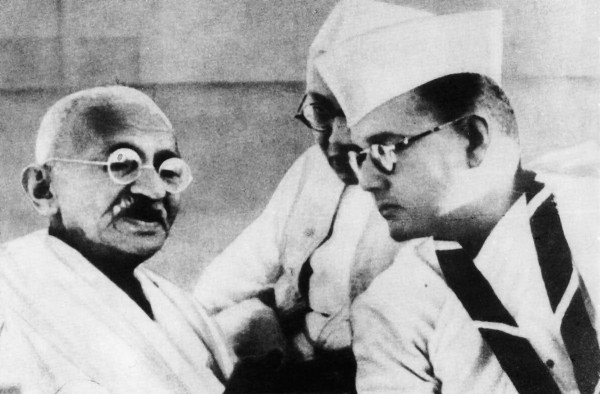
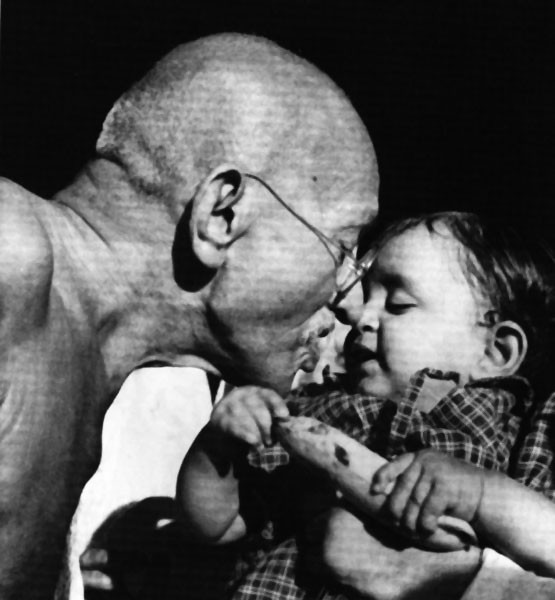
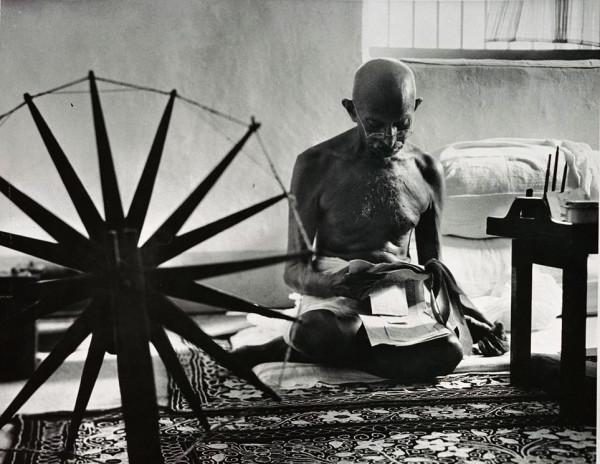
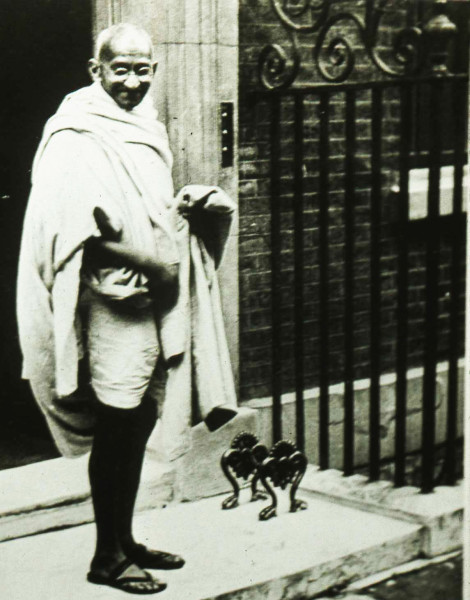
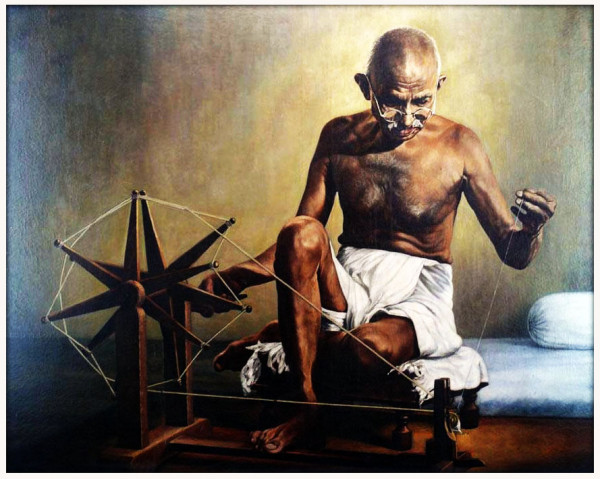

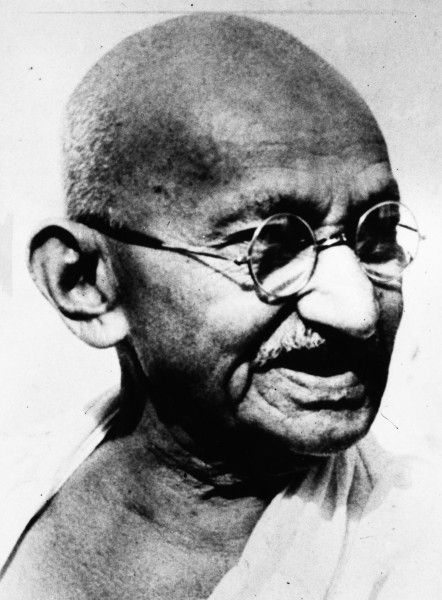
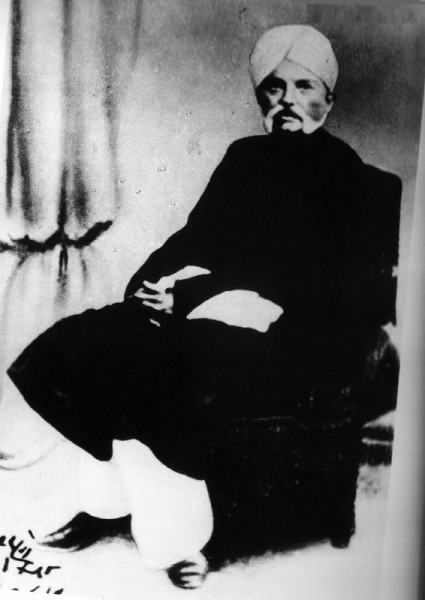
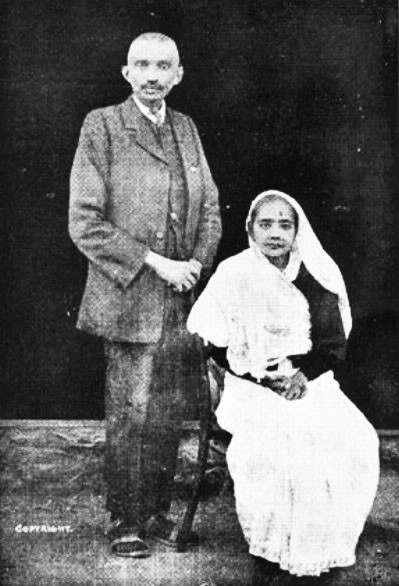
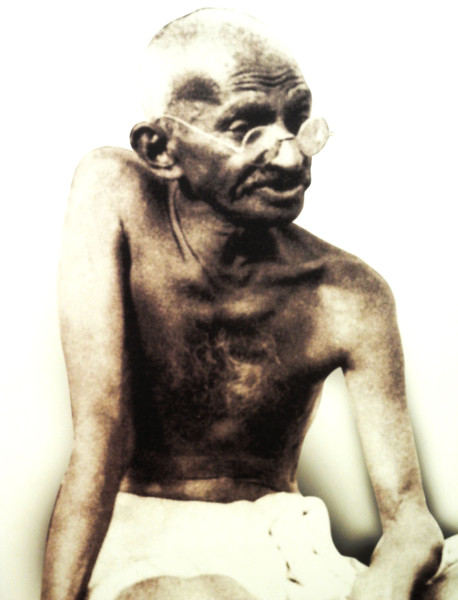

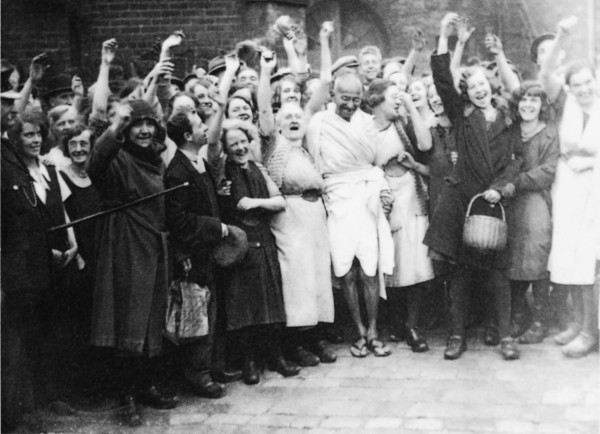
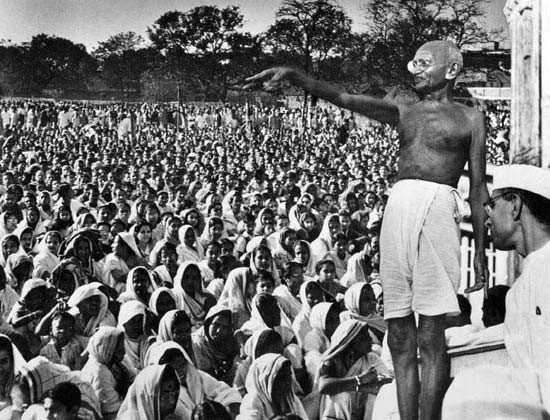
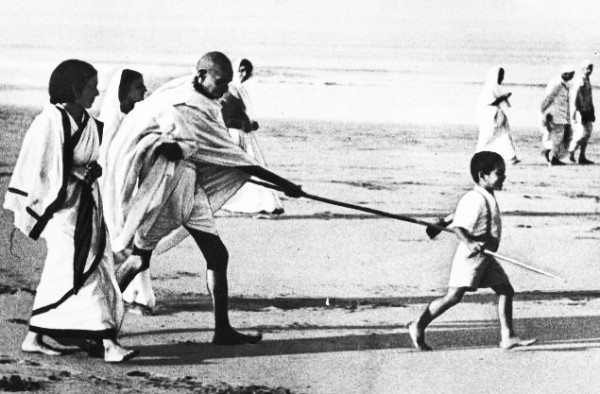
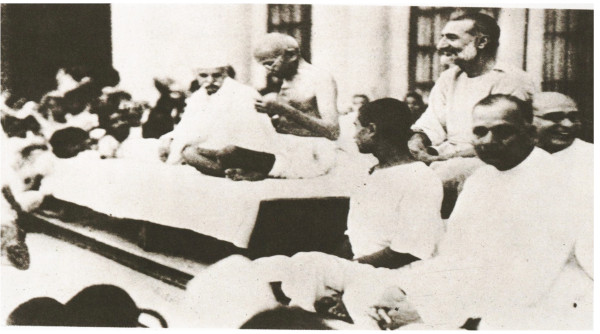

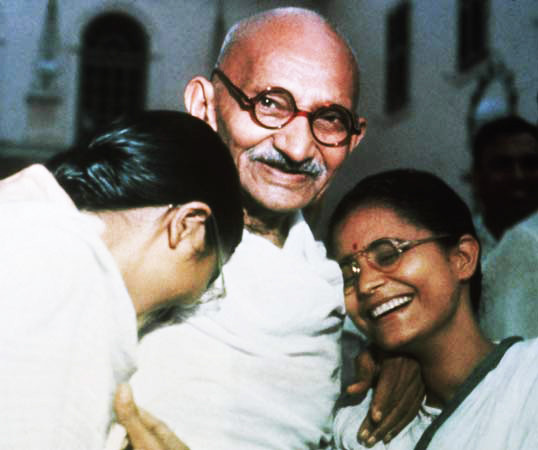
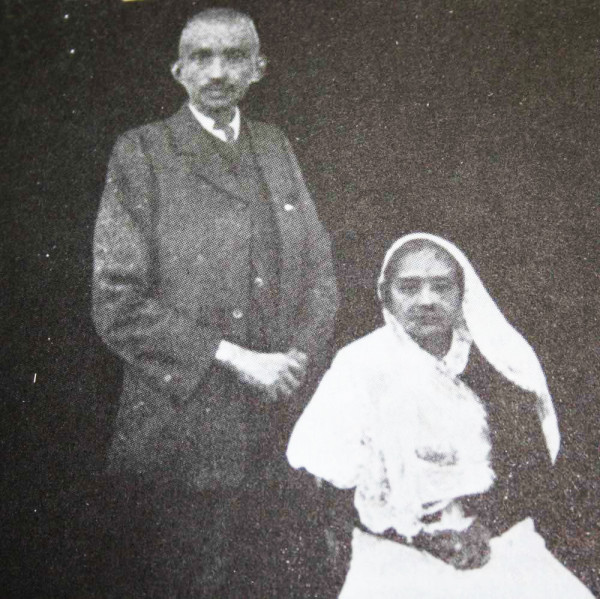
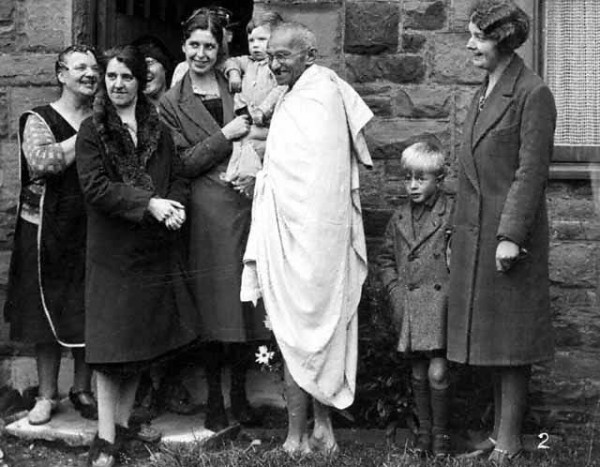
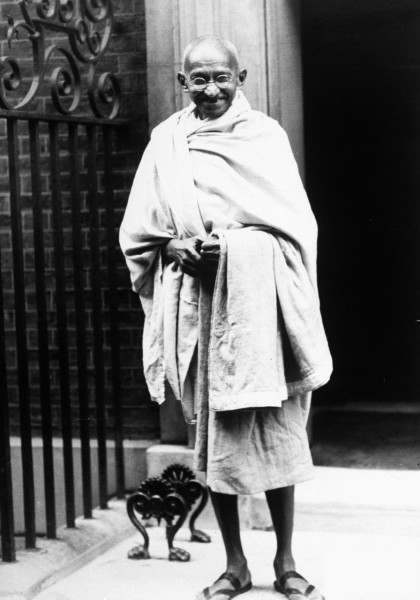
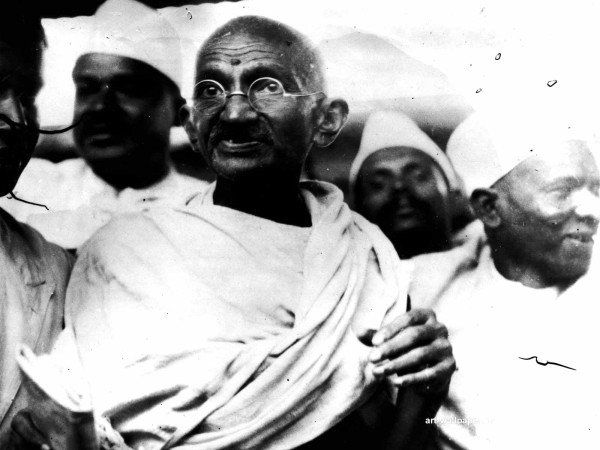
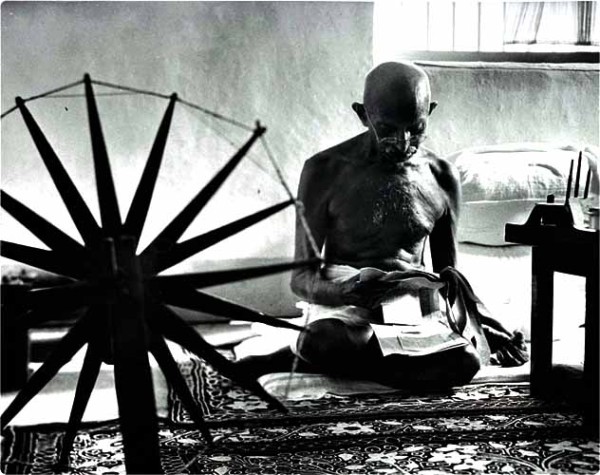
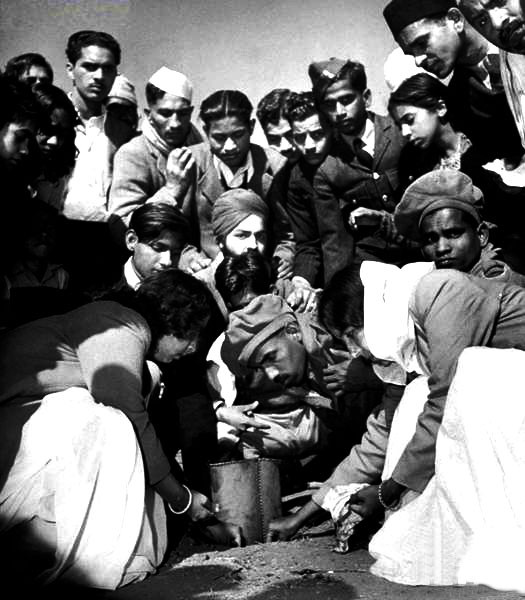
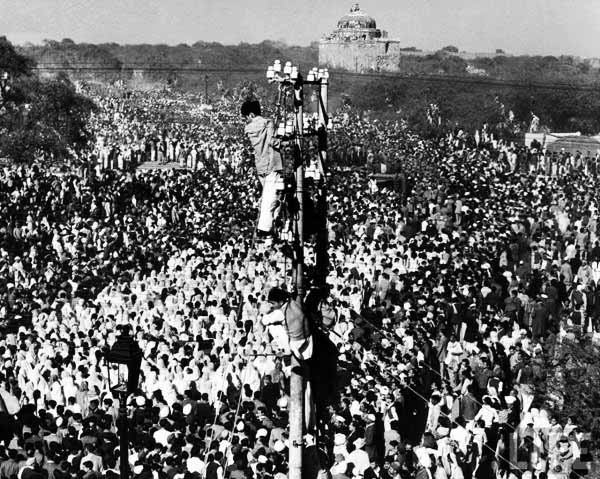
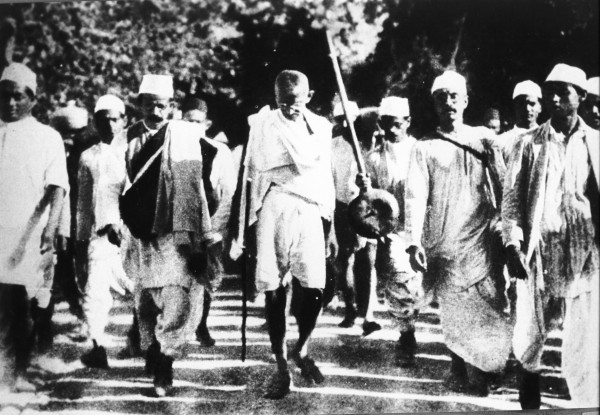

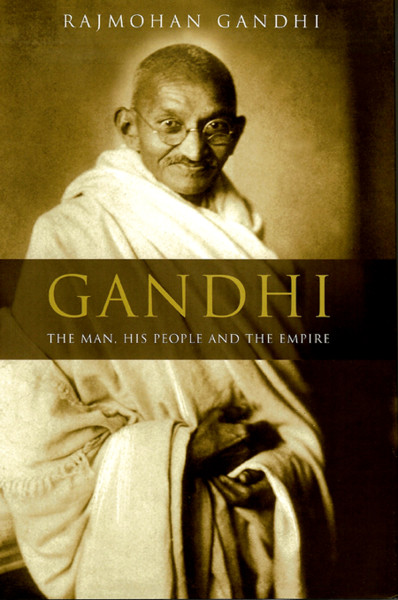
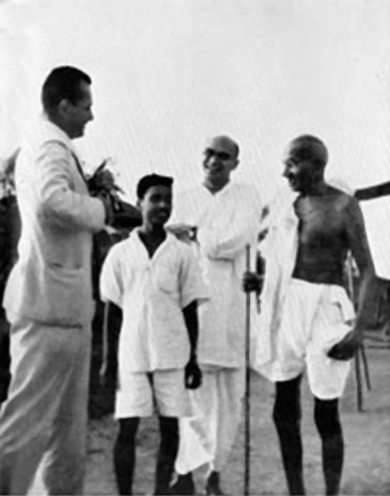
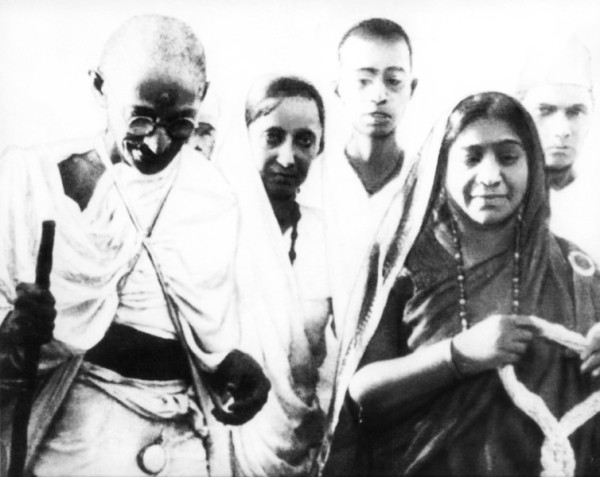
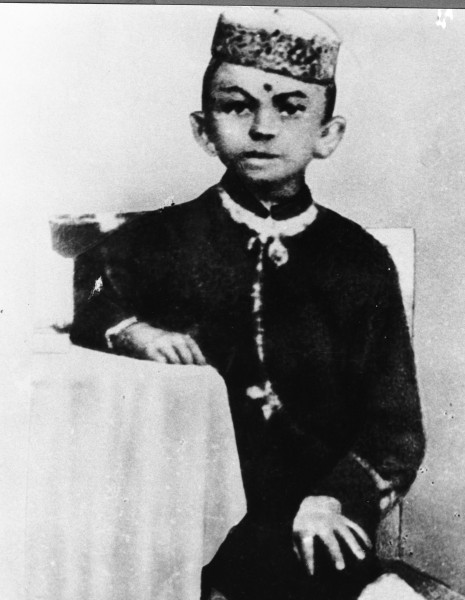
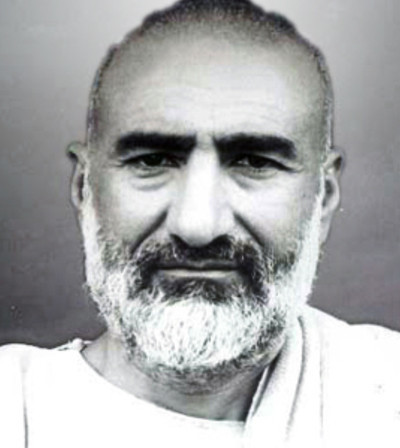
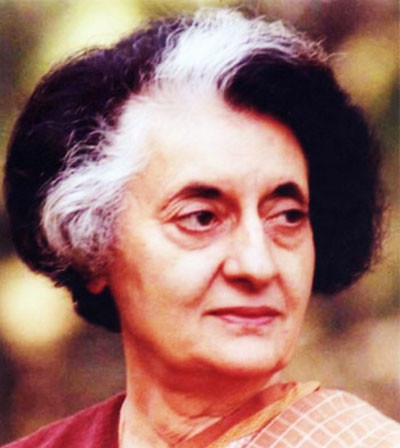
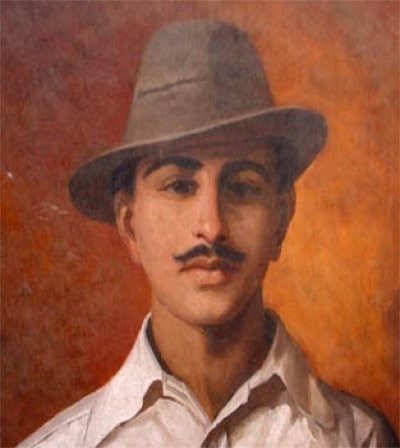
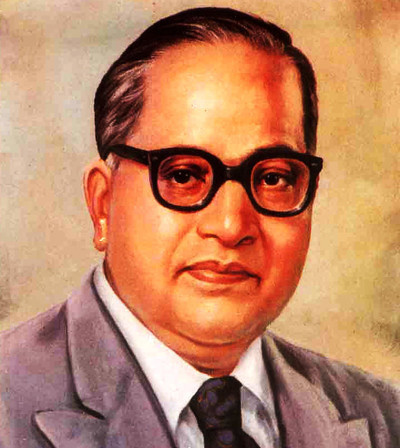
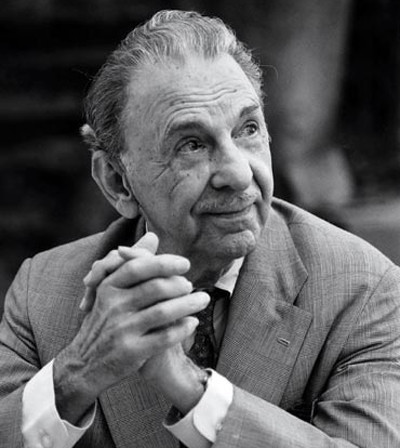

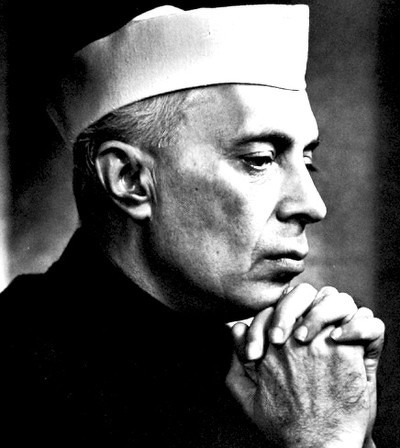
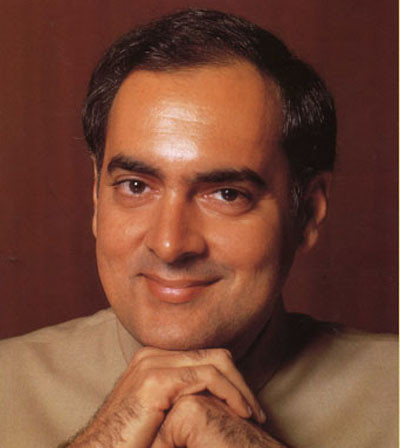
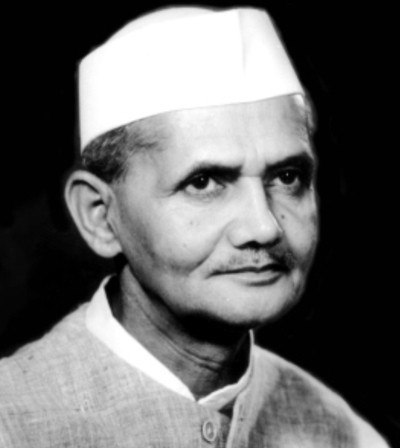
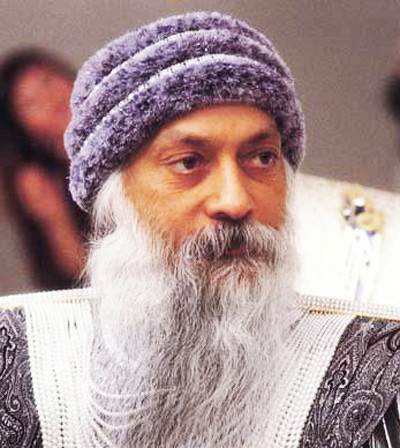

viren kalariya
12 years ago
kamalakar singhavi
12 years ago
Mehulsir
12 years ago
Bapu is a greet person
And Bapu is Main God
Bapu is a greet person
And Bapu is Main God
Annu Rao Naik
13 years ago
Rajkumar Ganguly
14 years ago